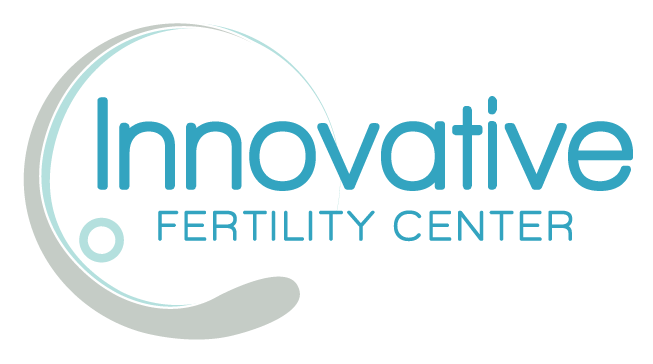Causes of Female Infertility
Statistically, the causes of female infertility account for 40% of infertility cases.
We methodically rule out and identifies causes of female infertility to recommend an effective course of action. Functioning properly, the female reproductive system miraculously creates new life. A woman’s body produces hormones that cause her to ovulate and release a mature egg. Once fertilized by sperm, the egg (oocyte) implants in the uterus. A pregnancy results when male and female sex organs, hormones and anatomy operate at peak performance.
Our doctors specialize in medical intervention when nature fails to “take its course.”
Female infertility can occur when a woman presents with ovulation disorders (such as polycystic ovary syndrome–PCOS, a luteal phase defect or premature ovarian failure). Your doctor will use a practiced eye to look for structural malformations, such as damaged or malfunctioning fallopian tubes.
If you have tried for more than a year to get pregnant, or six months if you are over 35, see a fertility specialist to determine if one or more factors are preventing conception.
Common Causes of Female Infertility
• Age-related Infertility
• Endometriosis
• Ovulation Disorders
• Tubal Damage
• Polycystic Ovarian Syndrome (PCOS)
• Recurrent Miscarriage
• Uterine Polyps or Fibroids
• Unexplained Infertility
Waiting to Get Pregnant Can Result in Devastating Loss of Fertility
The Manhattan Beach office of Innovative Fertility Center specializes in solving complicated cases of female infertility, but one cause can be preventable.
Age-related Infertility
According to the Committee on Gynecologic Practice of the American College of Obstetricians and Gynecologists: “Social trends have led to deferred childbearing, and an increasing number of women are experiencing age-related infertility and pregnancy loss.”
In fact, the chances for getting pregnant on your own, in any given month, drop to just five percent after age 40. Maternal age negatively impacts female infertility, so our doctors advise couples and women to start a family in the prime childbearing years before age 35.
Fortunately, advances in reproductive technology make it possible to overcome age-related factors, delayed childbearing, damage to the reproductive system due to chemotherapy, or premature ovarian failure.
Ask your doctor about your options. You might be a candidate for donor egg, assisted hatching or oocyte cryopreservation.
The Innovative Approach to Female Infertility Treatment
Our team has the expertise to offer leading-edge treatments, but he believes in a straightforward methodology in infertility investigation: rule out the obvious, favor minimally invasive therapies, and draw on experience.
An initial consultative appointment will involve reviewing your health history, discussing your options and scheduling diagnostic testing.
Your female infertility workup may involve in-office procedures such as blood tests, vaginal ultrasound or sonohysterograms and hysterosalpingograms (HSG) to identify blocked fallopian tubes or other structural abnormalities.
You may simply require drug therapy to induce ovulation, or laparoscopic day surgery to treat endometriosis, uterine fibroids or polyps.
Today’s advanced fertility treatment, including ovarian stimulation and in-vitro fertilization (IVF), can help most everyone overcome female infertility. Contact the fertility specialists at Innovative Fertility Center to learn more about the most expeditious path around infertility.
- Causes of Infertility
- Causes of Female Infertility
- Female Infertility Risk Factors
- Stress and Infertility
- Age and Infertility
- Blocked Tubes
- Endometriosis
- Fibroids and Infertility
- Polycystic Ovarian Syndrome
- Recurrent Pregnancy Loss
- Secondary Infertility
- Unexplained Infertility Treatments
- Uterine Polyps
- Weight and Infertility
- Causes of Male Infertility
- Male Infertility Risk Factors
- Abnormal Semen Analysis
- Azoospermia
- Low T Treatment and Infertility
- Low Sperm Count
- Fertility after Vasectomy
- Varicoceles
- Causes of Infertility
- Causes of Female Infertility
- Female Infertility Risk Factors
- Stress and Infertility
- Age and Infertility
- Blocked Tubes
- Endometriosis
- Fibroids and Infertility
- Polycystic Ovarian Syndrome
- Recurrent Pregnancy Loss
- Secondary Infertility
- Unexplained Infertility Treatments
- Uterine Polyps
- Weight and Infertility
- Causes of Male Infertility
- Male Infertility Risk Factors
- Abnormal Semen Analysis
- Azoospermia
- Low T Treatment and Infertility
- Low Sperm Count
- Fertility after Vasectomy
- Varicoceles
